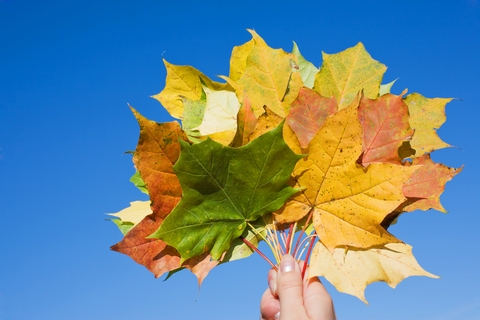Are organic pesticides as green as you think? Who’s arguing about what in the global warming debate? And what should you read this semester to learn more about environmental issues?
For answers, check out two green-themed public outreach series sponsored this fall by the University of Guelph and the School of Environmental Sciences (SES).
Guelph researchers will discuss environmental issues in two Café Scientifique events. Also planned are three author readings during the second annual Environment Bound series featuring new or recent books about the environment.
Both Café Scientifique and Environment Bound will take place at Artisanal Cafe and Bistro in downtown Guelph. All events begin at 7 p.m. and are free and open to the public.
Organizer Prof. Madhur Anand says the Café Scientifique series will discuss controversial ideas about green issues. First up Oct. 12 is Prof. Merritt Turetsky, Integrative Biology, discussing how climate feedbacks may affect permafrost melting in Canada’s north, releasing further amounts of stored-up CO2. On Nov. 9, economics professor Ross McKitrick will examine disagreements over global warming among scientists, governments and the public.
Readings and discussion in the Environment Bound series will begin Oct. 18 with Canadian journalist Alanna Mitchell’s 2009 book, Sea Sick: The Hidden Crisis in the Global Ocean. Laurence Packer, an expert on wild bees at York University, will discuss this year’s Keeping the Bees: Why All Bees Are at Risk and What We Can Do to Save Them on Nov. 29. Thomas Homer-Dixon, a professor at the University of Waterloo, will visit Dec. 6 with his 2009 Carbon Shift: How the Twin Crises of Oil Depletion and Climate Change Will Define the Future.
Last year’s inaugural book series drew between 60 and 100 people to each session, says Anand, who holds the Canada Research Chair in Global Ecological Change. The 2009 series began with the launch of Regreen, a collection of ecological poems co-edited by the SES professor.
Both outreach series are intended to help convey science to the public and engage the Guelph community in discussion of environmental issues, she says. “One of the goals of our school and the University is to educate students but also the public at large. This helps to fulfill the mandate of the University.”
Says Jim Perretta, an area resident who attended a session last year: “Research means very little if there is no dialogue between the University and the community. I wish there was more cross-fertilization between these two worlds.”
This year’s series will be moderated by SES professor Rebecca Hallett, as Anand is studying forest ecology on research leave.
